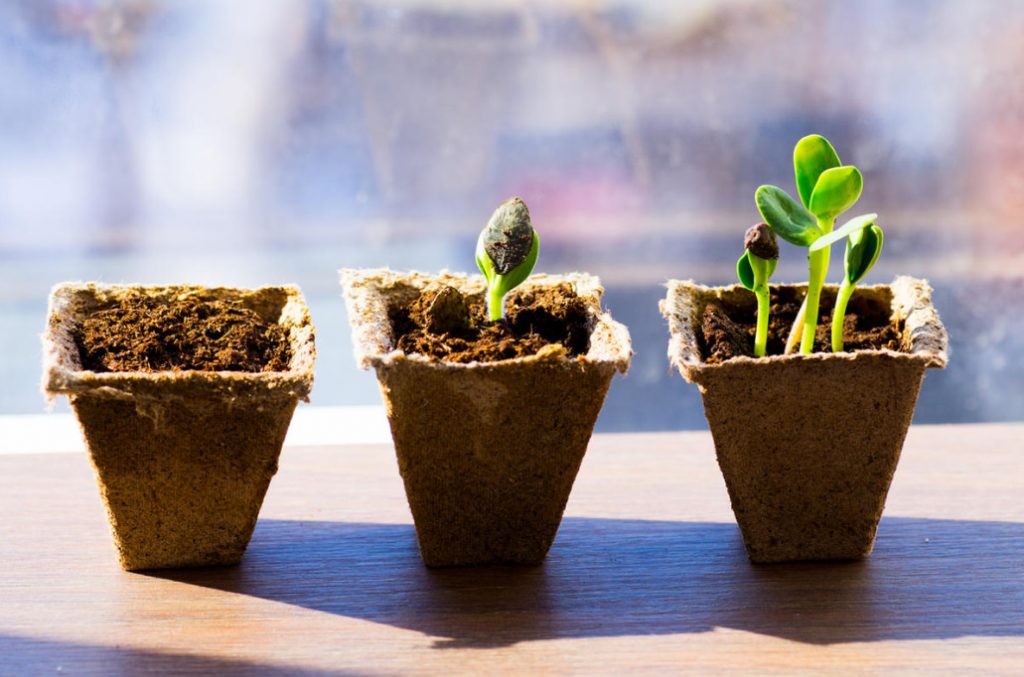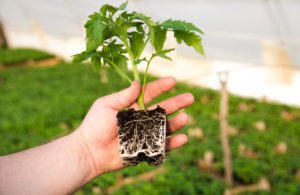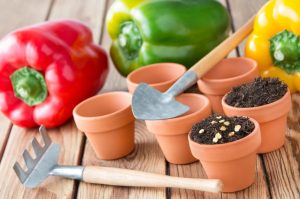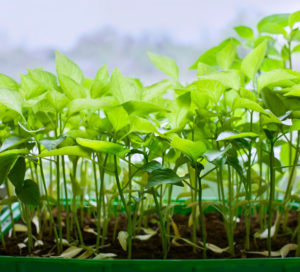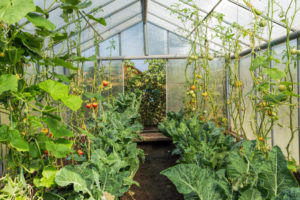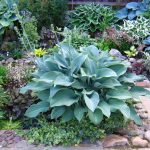Hooray, you’ve sown everything! It remains a little to be patient and wait for the sprouts. Unfortunately, it is not always possible to enjoy this. It happens that not only neophytes, but also experienced summer residents do not germinate seeds. Let’s see why this happens.
1. Seeds are overdue
For sure, the first thing that will come to mind to any gardener, if the cherished shoots are still missing: sown expired seeds. Yes, with long-term storage, germination decreases, and may decrease to 0%. But let’s first define what overdue means.
For each crop, the expiration date of seeds is different. Watermelon and melon are the record holders in this regard: their seed material retains germination for 6-8 years. Seeds of pepper, eggplant and tomato “hold” for 3-5 years, carrots, celery, leeks-2-3 years.
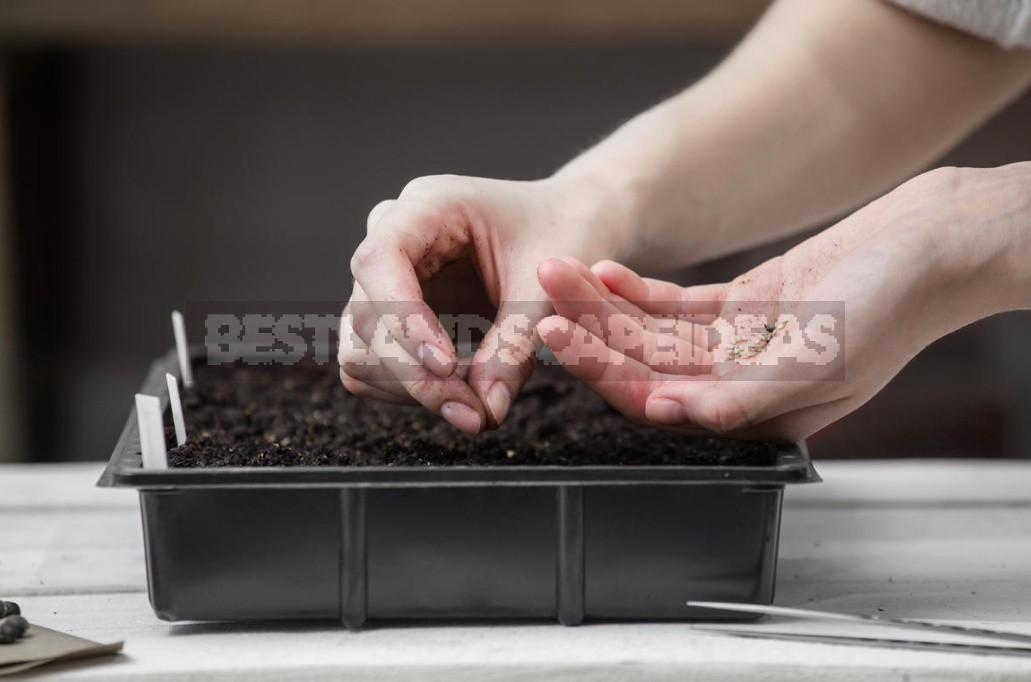
This does not mean that very old seeds will not germinate at all, they may well do so. Especially if you tried to “Wake” them. But first, the germination rate will be unpredictable, and secondly, for some crops, the result may be unexpected (gardeners share their experience of getting ugly fruits from old tomato seeds).
2. Incorrect storage conditions
There is such a concept as economic longevity of seeds — the period of time when germination is preserved. This is what is most interesting to us, practitioners, and it is this characteristic that most depends on the storage conditions.
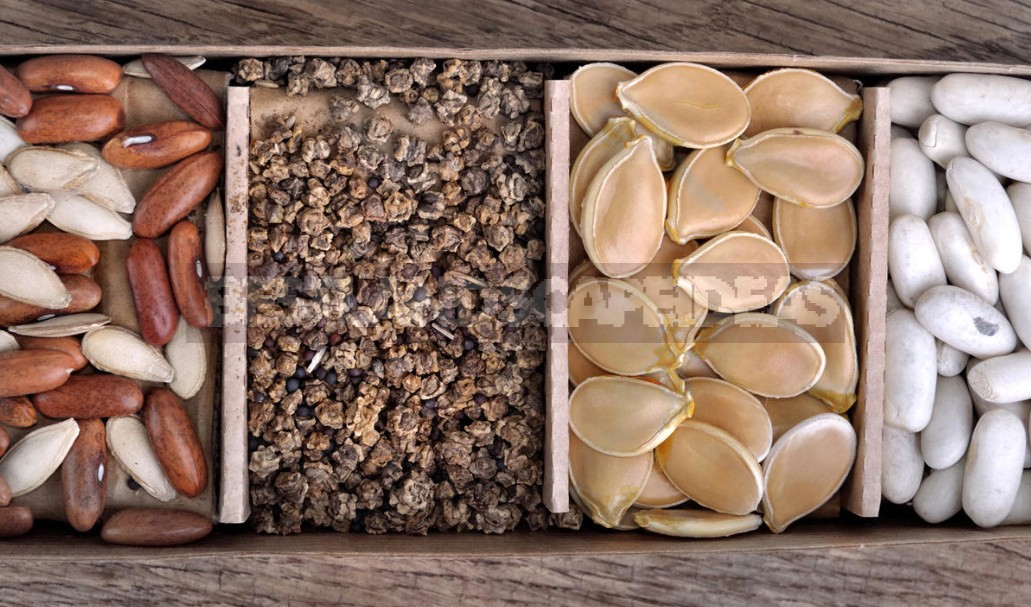
In order for the seed material to maintain its durability, first of all, the correct humidity is necessary. The optimal value for most crops is 6-12%, while the seed respiration is negligible. When the moisture content of the seed increases by 1-2%, the processes are activated. For example, in cabbage seeds, the respiration in this case increases by 27 times; you can say that they begin to Wake up.
The best possible safety of properly prepared seed material Cucurbitaceae, Brassicaceae, Solanaceae is achieved at a temperature of +10…+12°C and air humidity no more than 60%, in the dark. For storing self-collected seeds, envelopes made of thick paper, folded in a plastic or glass container with a lid, are suitable. If you have not completely spent the seeds you bought in the store, then leave them for the next year in the same packaging as they were.
3. Unsuitable ground
I think all gardeners understand why we are starting all this seedling fuss. To grow something that will not have time to do it naturally in our short summer; to get the crop as early as possible; to see the Petunia bloom not at the end of July, but in the middle of may…
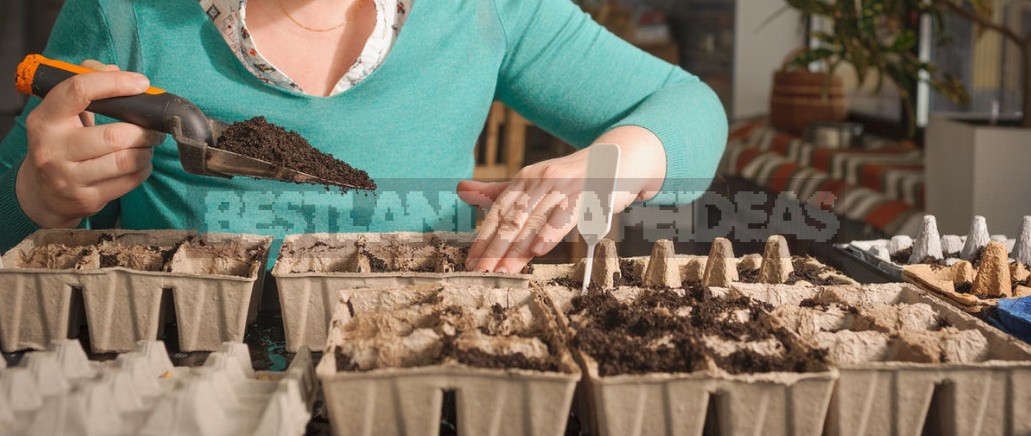
None of this will work if you do not pay proper attention to the soil. Seeds sown in heavy loam will be in very difficult conditions: some will not be able to break through the dense layer of soil, others will not be able to catch the thin roots on the crust on the surface. Once we have started growing seedlings, we need to prepare or buy a quality soil-clean, disinfected, moisture-intensive, but at the same time loose and well permeable to provide the roots with oxygen.
4. Error seeding
It will not be possible to plant everything in one way, this is a fact. First, the seeds differ in size. We can say that the amount of stored nutrients that can be spent on germination depends on this. The average rule is as follows: the depth of seeding should be equal to three sizes of the seed in width.
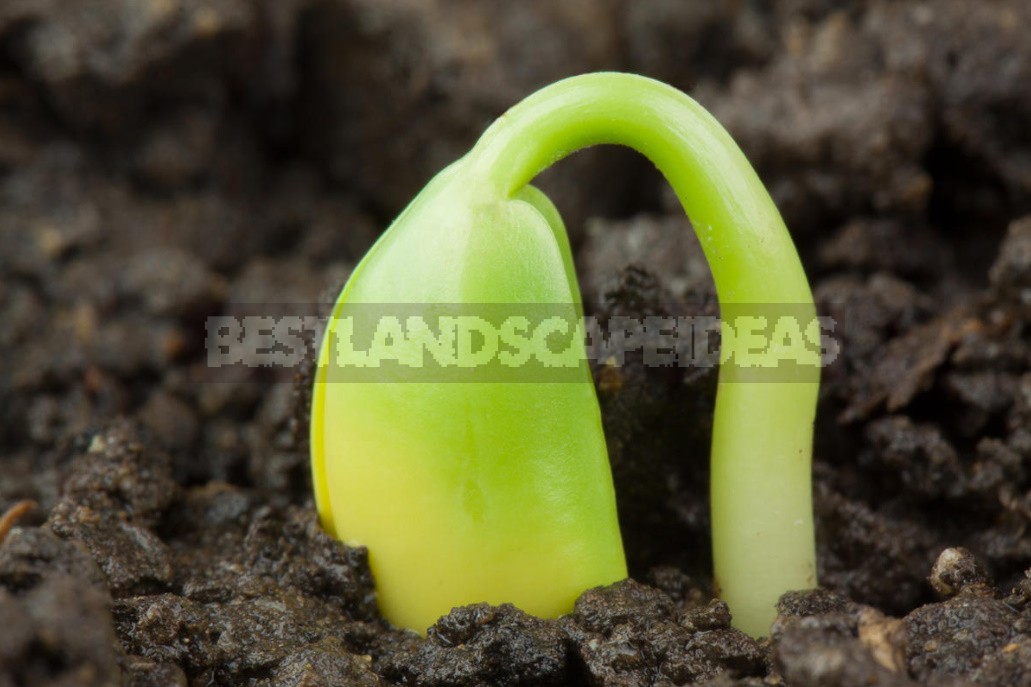
Have you seen a bean sprout? This is the real embodiment of power! It easily breaks through even from a depth of 5-6 cm. And for tomato or pepper, the thickness of the powder layer should be from 0.5 to 1 cm. It is also not worth doing less, since on the way up the sprout should have time to shed the hard seed coats, and not show up in people “in a cap”.
There are exceptions. Very small and dusty seeds can only germinate in the light. Even the thinnest layer of soil on top of them can be an insurmountable barrier, and they will not break through to the light. Therefore, it is mandatory to find out in advance how deep to sow a particular crop. You should at least read what is written on the back of the seed package.
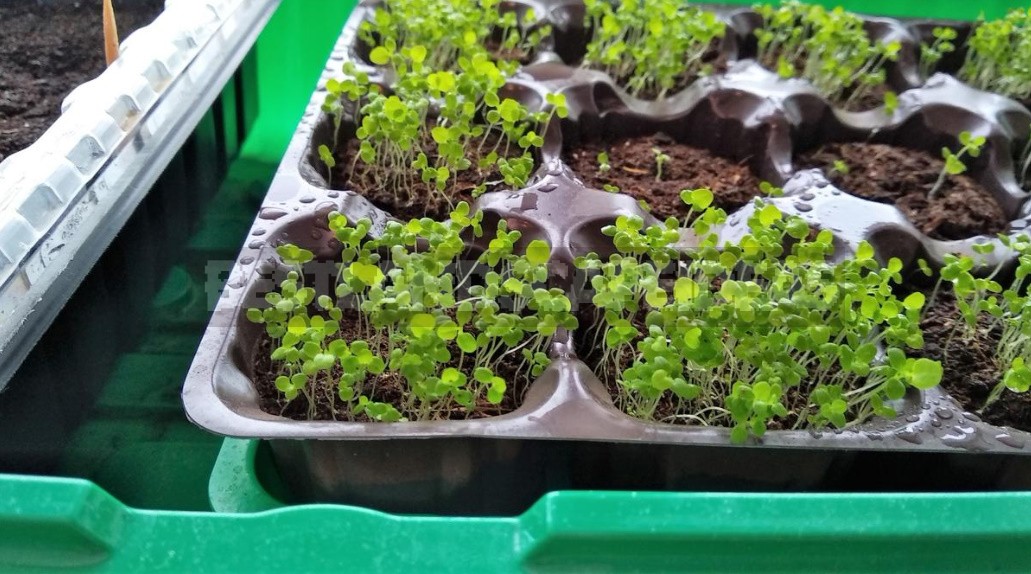
5. Improper watering
That no plant can grow without water is obvious to everyone. It doesn’t make sense to bury the seeds in dry ground. Before sowing, the soil should be shed in advance so that it comes to life and has the same humidity throughout. However, you should not try too hard. It is in order to remove excess water, and make drainage holes.
At the very initial stage, even the slightest over-drying of the seeds threatens to die: the tender root, which has just begun to grow, will dry up almost immediately if there is a lack of moisture. It will be impossible to save the plant. To avoid this, crops are covered with a film or lids, arranging greenhouses.
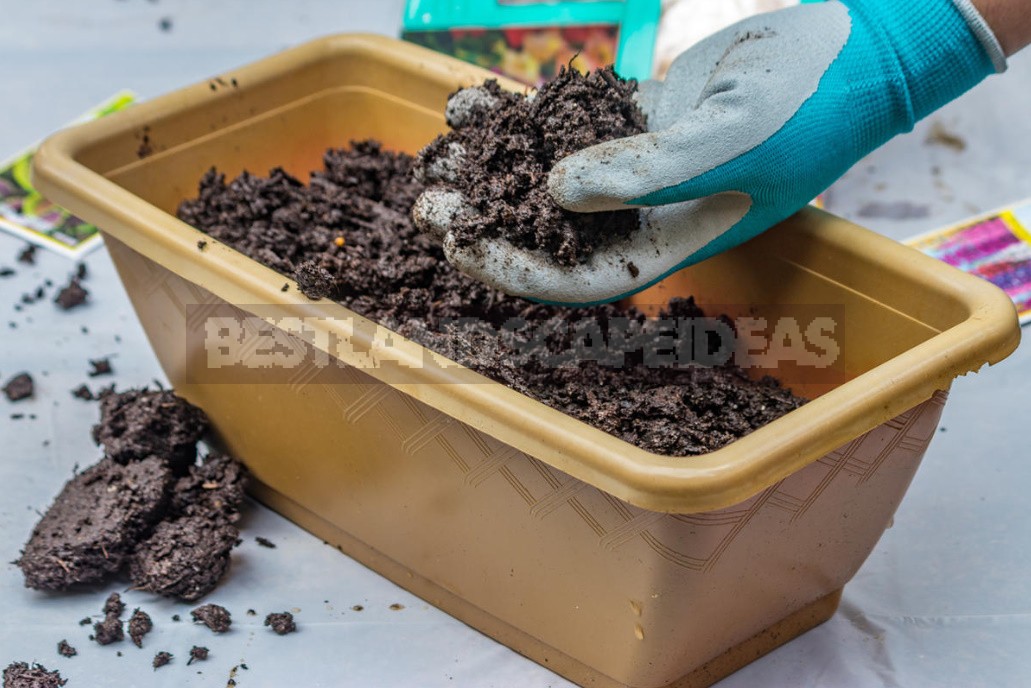
But here, as mentioned above, you can not show excessive zeal. Excess moisture, when the seeds are in liquid mud or even submerged in water, is also harmful. Oxygen is required for germination, but there is no oxygen in a waterlogged environment. Therefore, drowned seeds will rot rather than germinate. Paracelsus was right from any point of view when he wrote that “everything is poison, and everything is medicine; and only the dose makes the medicine poison and the poison medicine.” Everything is good in moderation.
6. Incorrect temperature setting
Here again we are faced with an individual approach. The crops that we want to grow on our land have come to us from all over the world, and their genetic memory is not lost. Pepper came from Mexico and Guatemala, tomato and Petunia from South America; cucumber is native to India; watermelon and melon are native to the Kalahari desert. Therefore, the comfortable temperature of germination of seeds of these plants should be at the height!
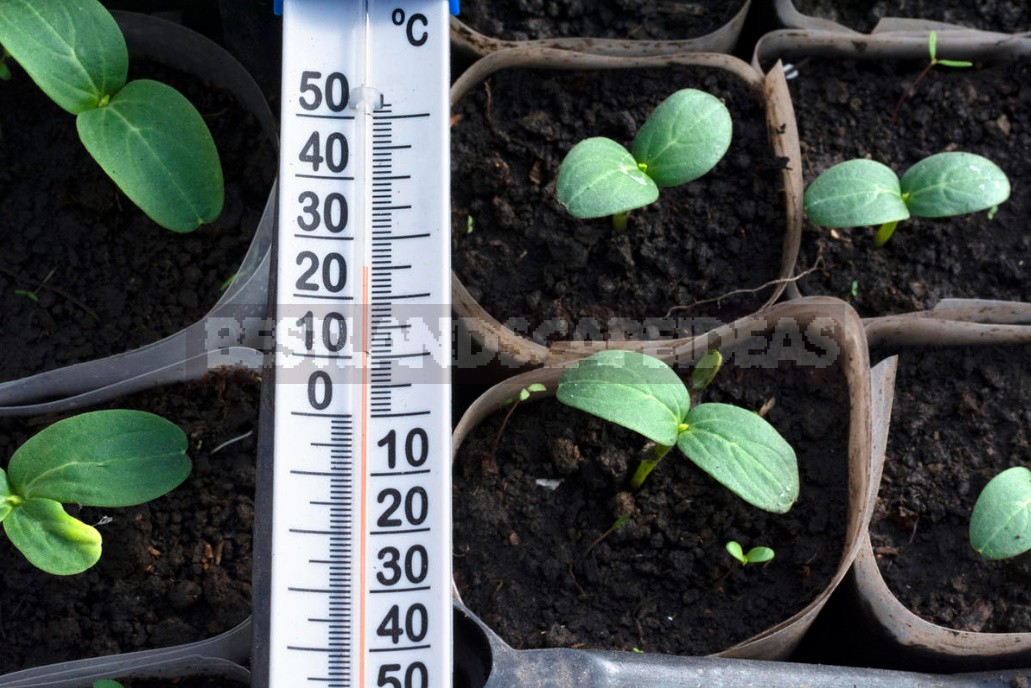
For example, for watermelon, the optimal parameter is +27…+30°C, for pepper +25…+27°C. If the temperature is slightly lower, the heat-loving crops will sprout, although they will do so later. But in the “bitter cold” below +21°The sun may not rise at all, no matter how long you wait. By the way, the critical temperature for watermelon will be +18°C, for cucumber +12°C, for tomato +10°C. On the other hand (let’s remember Paracelsus again), overheating can also destroy the seeds.
If you can’t wait for the seedlings to start, check if everything is fine with your crops. Whether they are warm, not stuffy, whether there is enough moisture. Remember how you sowed them. Is it urgent to re-sift what was done wrong? And to speed up germination, to give, so to speak, a magic kick a cheerful push, use proven means of awakening seeds.
